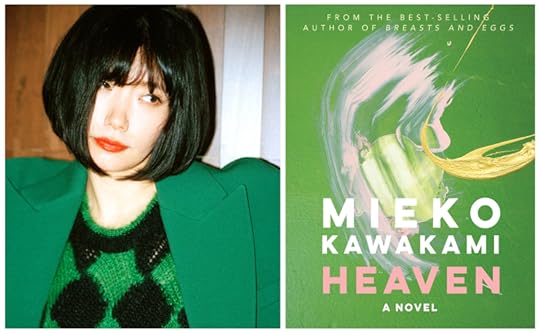What do you think?
Rate this book


232 pages, Paperback
First published September 2, 2009
’They aren’t even thinking. Not at all. They’re just doing what they’ve seen other people do, following blindly. They don’t know what it means, or why they’re doing it….they’re never stopped to think about other people’s pain. They’re just following along, doing what everyone else does.’
’Does anything in the world happen for a reason? Pretty sure the answer’s no. Yeah, once it’s happened, you can come up with all kinds of explanations that look like they make perfect sense. But everything starts from nothing. Always.’
'After everything, after all the pain, they made it here. It looks like a normal room, but it's really heaven.'
But is it really so? Is there meaning in pain and suffering? How does the dialectical relationship between strength / weakness and its predominance invalidate the standard conception of good versus bad? What are we left with, when there is seemingly nothing left to save?
